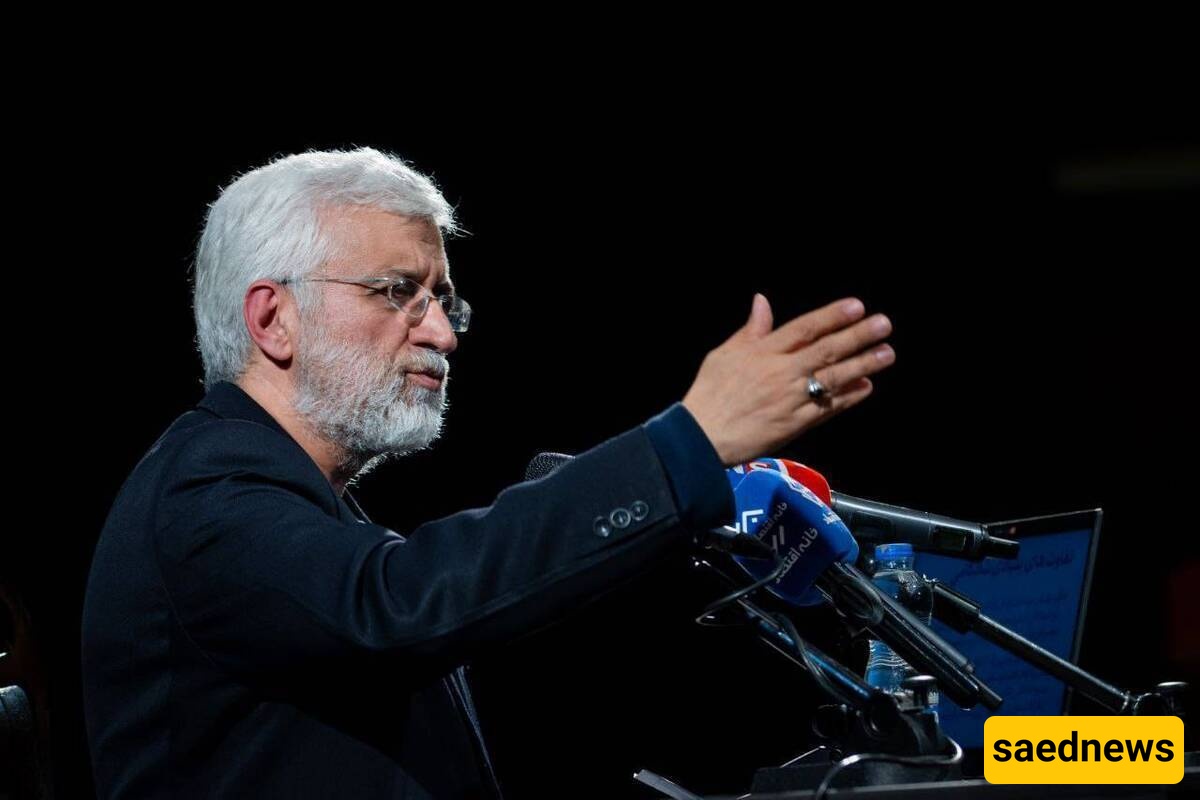SAEDNEWS: Saeed Jalili’s controversial tweet comparing renewed negotiation efforts to idol worship after the Exodus has drawn sharp criticism from both reformists and conservative factions in Iran, questioning the logic and tone of his analogy.

According to Saed News citing Tasnim News Agency:
Mr. Saeed Jalili published a message on his social media account regarding negotiations, likening them to the worship of the golden calf after the Prophet Moses (PBUH) ascended Mount Sinai. He wrote:
"God sent a prophet to the Israelites to save them from the oppression of Pharaoh, but after their victory over Pharaoh, when their prophet went to Mount Sinai for forty days, they turned to worshipping a calf. Similarly, today, after the enemy attacked us in the midst of negotiations and the Iranian nation emerged victorious, some are once again calling for negotiations!"
Jalili’s tweet has sparked widespread reactions. Apart from a circle of loyal supporters for whom, proverbially, "whatever the beloved does is sweet," the rest of the audience—from revolutionary circles to others—have criticized his remarks.
Criticism from the reformist camp toward Saeed Jalili has its own specific political and factional motivations, often rooted in personal or partisan biases. However, it seems that the significant wave of criticism from within the revolutionary movement regarding Jalili’s tweet is legitimate.
When Mr. Jalili uses such a comparison, he is expected to clarify the components of his analogy. What exactly are the elements being compared? Who represents Moses? What does calf worship signify in this context? Who is the Samiri (the instigator of calf worship)? Who has ascended Mount Sinai?
These are critical questions, and the more one reflects on them, the more the flawed nature of Mr. Jalili’s tweet becomes evident. Criticism of the process and substance of negotiations is not inherently wrong; in fact, every governance system can benefit from differing viewpoints to make better decisions. However, such criticism is only constructive when it avoids radicalism and emotional overreaction.
Productive discourse is essential for any political system—provided that we remove the radical shoes from the feet of political debate.

